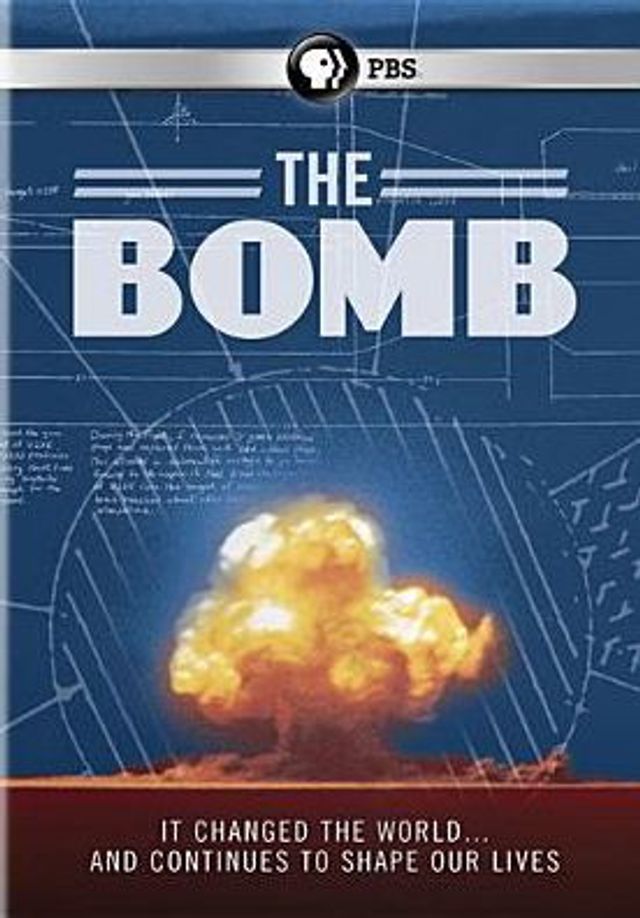Home
Manhattan: The Army and the Atomic Bomb



Manhattan: The Army and the Atomic Bomb
Current price: $34.99
Loading Inventory...
Size: OS
The U.S. Army played a key role in the formation and administration of the Manhattan Project, the World War II organization which produced the atomic bombs that not only contributed decisively to ending the war with Japan but also opened the way to a new atomic age. This volume describes how the wartime Army, already faced with the enormous responsibility of mobilizing, training, and deploying vast forces to fight a formidable enemy on far-flung fronts in Europe and the Pacific, responded to the additional task of organizing and administering what was to become the single largest technological project of its kind undertaken up to that time. To meet this challenge, the Army-drawing first upon the long-time experience and considerable resources of its Corps of Engineers-formed a new engineer organization, the Manhattan District, to take over from the Office of Scientific Research and Development administration of a program earlier established by American and refugee scientists to exploit the military potentialities of atomic energy. Eventually, however, the rapidly expanding project turned for support and services to a much broader spectrum of the Army, including the War Department, the Ordnance Department, the Signal, Medical, Military Police, and Women's Army Corps, the Military Intelligence Division of the War Department General Staff, and the Army Air Forces. These and other Army elements worked together in close collaboration with American industry and science to win what was believed to be a desperate race with Nazi Germany to be first in producing atomic weapons. For both soldiers and civilians this history of the Army's earlier experience in dealing successfully with the then novel problems of atomic science seems likely to offer some instructive parallels for finding appropriate answers to the problems faced in today's ever more technologically complex world.


















